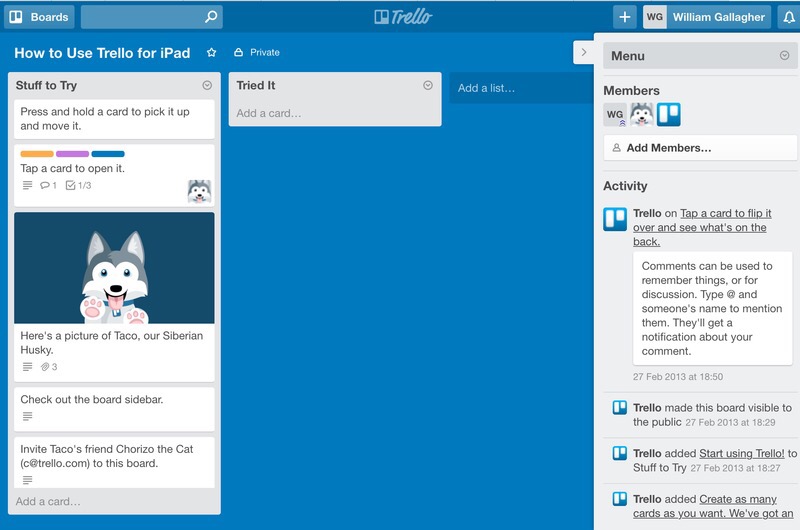There is something inescapably offensive about the idea of structure or keeping particular hours: if you’re a creative freelancer, the notion that you are tied to doing this work at that time just feels wrong.
Freelancing is about working through the night to meet one deadline, then taking an afternoon off for coffee because you can, so there.
But as unpalatable as it is, structure gets us where we’re going. I’m intrigued by how as writers we inherently grasp that for our work itself, for our fiction or our non-fiction, our books or our songs. Yet for writers as people, not so much.
Let us grasp together.
What if we don’t call it structure and instead call it habits? There’s an inevitable pairing where you have to put the word ‘bad’ next to ‘habit’, you have to. And I like that. Let’s get some bad habits.
Like I have a bad habit of a Friday when I always write a Self Distract personal blog. I have done that every Friday for something more than three years and so it’s a habit. I don’t get paid for it – though it’s led to paid work – and there are a million other things I should be doing that might get the mortgate sorted out, but Self Distract is what I do on Friday mornings.
It was an effort at first, then for the longest time it became a habit, now it’s a normality.
Self Distract is what I do on Friday mornings. No discussion, no debate, no postponement in favour of something more urgent.
Consequently I’ve written these, what, 150 or more blog posts and you have to think so what? But each one gives me some discipline, many have led to other things, some have been bought and then much later paid for. They’ve also taught me a lot. Plus the reason I did it, the reason for that initial effort, was that I knew what the benefits to my writing are when you have a deadline. I wrote columns for BBC News Online, I had a weekly thing in Radio Times for years, I know the benefit of sitting at the blank screen with no choice but to write something and write it good.
So I had practical reasons to do it and now I don’t need them, it is just what I do. I should say that I’ve written Self Distract for much, much, much longer than three years but it’s about three ago that I decided to emulate writer Ken Armstrong’s weekly pattern.
Three years in, I’ve also built on that habit. You’re reading a post from The Blank Screen website, a productivity site that ties in to my book wg and I’ll add you.
Every Friday I write this newsletter which is full of productivity advice that ranges from quite silly but excellent videos I’ve gathered to specific techniques and specific things to buy that will help you. I also have a thing where I confess to you exactly what I’ve done this week: I’m using you to make me do things so that I have something to tell you and I’m hoping to encourage you to write down or email me what you’ve done. So that you feel the weekly pressure too.
But here’s the thing. I baked a reference to Self Distract into The Blank Screen email newsletter. It is there every week, a specific link to the latest one so you can see what has to happen here. I have to write the new Self Distract first.
So I write that, publish it, then write the Blank Screen newsletter that links to it, then I publish that. That’s suddenly a couple of hours of a Friday morning and I suppose you can argue that it would be better spent earning some cash but it gives me a couple of important things.
It gives me a chance to natter with you, which is hugely important to me.
But it also gives me energy. Like going out for a walk when you’re tired can revive you, so I get to the keys early in the morning and having to write something makes me perform. I come away from the two pieces of writing feeling energetic and enthused.
It’s all artifice, it’s all contorted nonsense, but it’s a habit and it’s normal and it works well for me.
